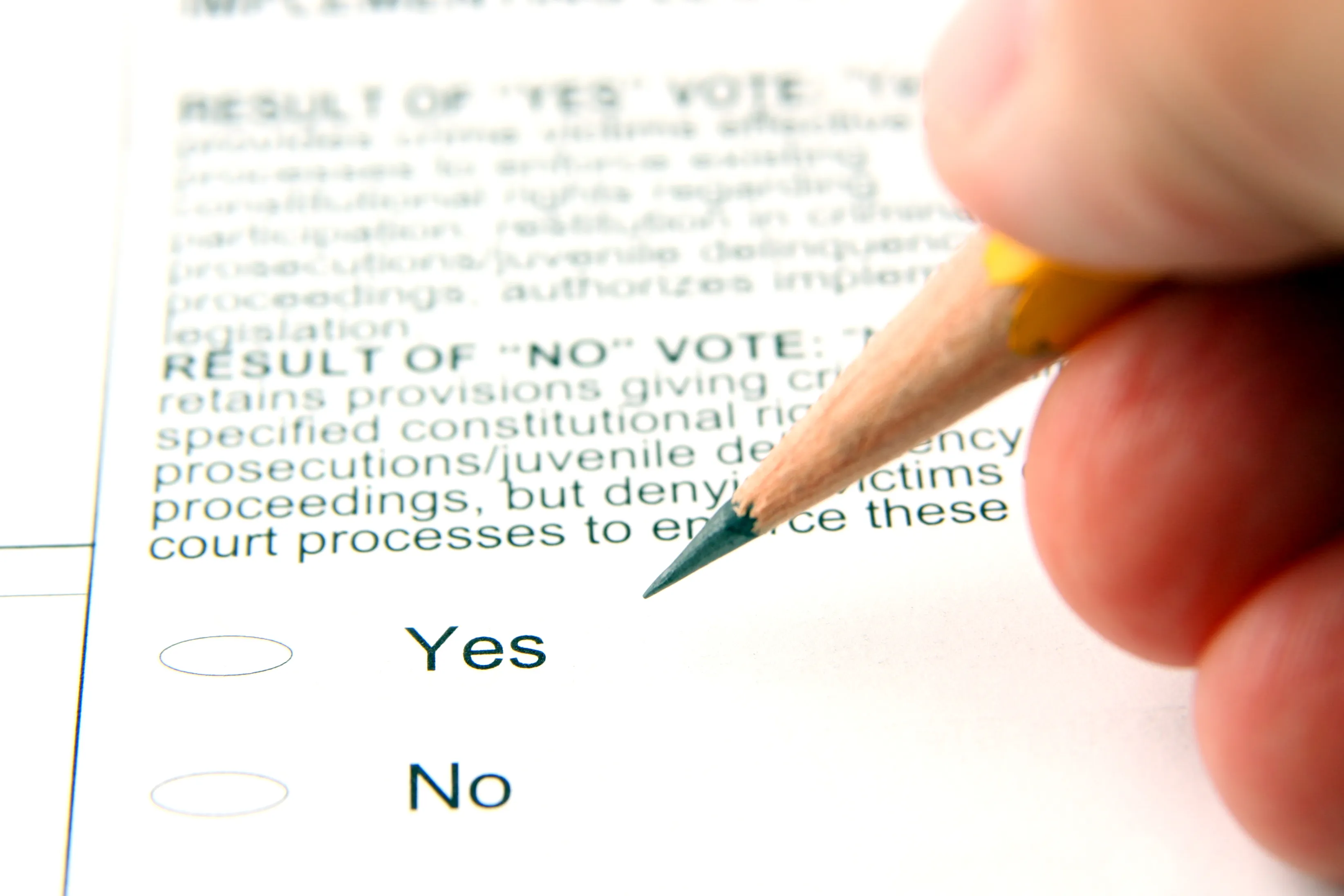
EV companies call for expanded heavy-duty truck charging infrastructure
Click play to listen to this article.
(Keystone State News Connection) Clean-energy companies and supporters are calling on federal officials to prioritize the development of charging infrastructure for EV powered medium and heavy duty trucks across the nation.
Trucks transported more than 11 billion tons of freight last year, spewing air pollutants and greenhouse gases along the way.
John Boesel, CEO of CALSTART, a clean-transportation nonprofit group, said the EPA's "Phase 3" program would greatly reduce greenhouse gas emissions from all commercial vehicles, improving the health and safety of communities.
"Going forward in the future, we can see a society where we have trucks rolling around with zero-emission and zero-noise and really benefiting communities over the decades that have been hard hit by diesel pollution and emission," Boesel explained.
Pennsylvania has taken a significant step toward electrifying its transportation system with the installation of its first federally funded electric-vehicle charging station in Pittston. Some in the trucking industry have concerns about EV costs, mileage, range, battery safety, charging time and availability.
Boesel emphasized the importance of the Biden administration implementing robust regulations to strengthen the United States' position as a global leader and drive meaningful progress toward the Paris Agreement's objectives. He contends the Inflation Reduction Act provides a lot of incentives for investment in U.S. electric battery technology and production.
"The Inflation Reduction Act will really help spur the growth of the zero-emission commercial vehicle industry. And I think this will end up being a real benefit for the United States from an economic perspective, and from an environmental perspective," Boesel added.
Boesel pointed out the United States is one of 27 nations that have agreed to non-binding targets, which suggests that 30% of all new commercial vehicles sold could be zero emission by 2030.

















